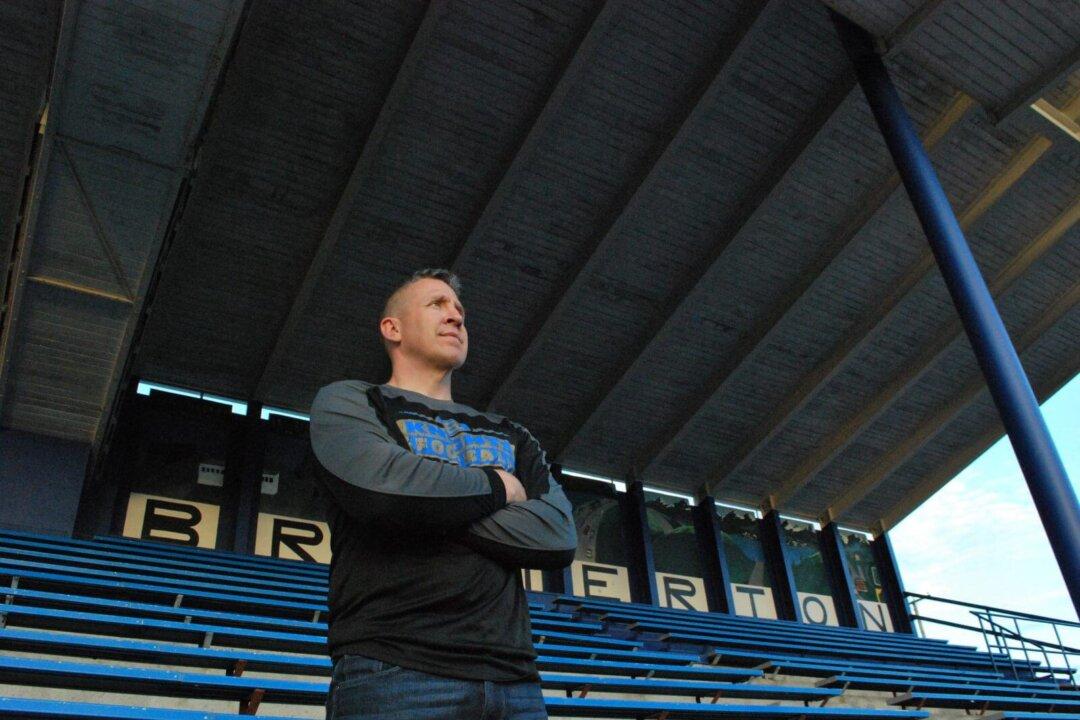A Marine veteran turned high school football coach who fought and won a legal challenge over his First Amendment right to pray on the field that went to the Supreme Court has resigned after briefly returning to the game.
Joe Kennedy, who had been serving as an assistant coach for the Bremerton High School in Washington since 2008, announced on his personal website Wednesday that he would no longer be with the team. He cited several reasons for his resignation, including having to care for an ailing family member out of state.





